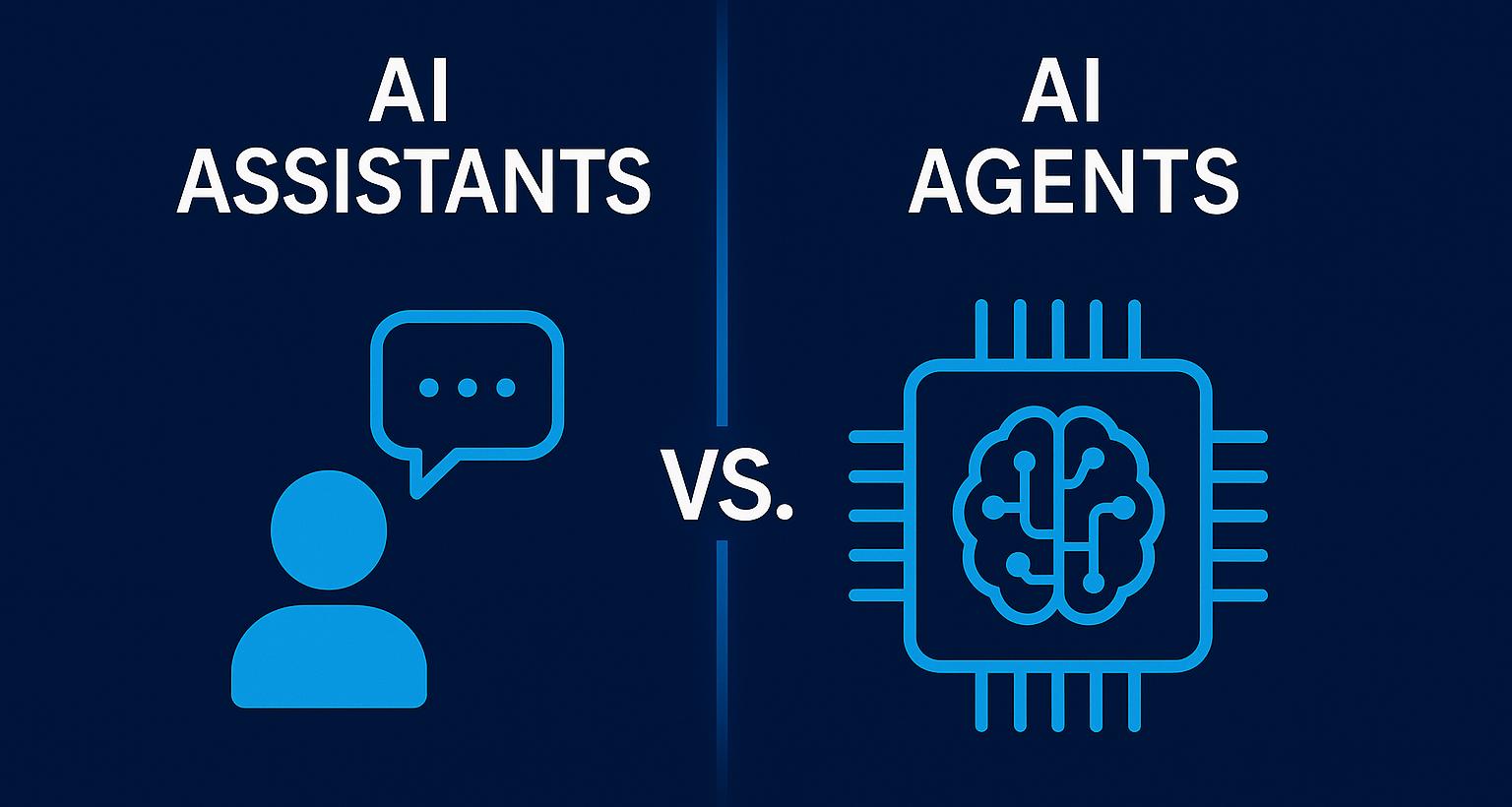How Cloud Computing Is Changing Management
When business managers faced bigger decisions in the past, such as company structure or product changes, they likely needed to dedicate hours of their time to data collection and analysis before forming successful conclusions. With the implementation of cloud computing services, business managers can more easily and efficiently collect and make sense of all this data.
When managers can quickly access and analyze data through cloud computing software, their decisions can be more clearly and confidently made. These technologically advanced services are changing the way business managers lead, make decisions, store data, and interact with staff. Reviewing how cloud computing has defined the role of the business manager offers insight into this system’s positive effects on business function and growth.
Organization Structures Are Changing
Cloud computing services allow employees across different departments access to the same knowledgeable database. This availability can make it easier for workers to understand each other’s job duties. The transparency that cloud computing services create throughout different teams of workers allows interdepartmental relationships to evolve and grow. When different departments collaborate together, problems can be solved more effectively and progress can be achieved more rapidly.
Instant access to this data also allows employees to analyze what’s working and what’s not so they can strive toward product updates and new procedures that are more likely to prove successful. When product designers, administrators, leaders, and marketers work together, a brand can offer a more cohesive product line. Data stored on the cloud and accessible by all departments make this design, marketing, and brand collaboration possible.
What These Changes Mean For Business Operations
As the managerial system changes, so do business operations and the way a company functions in general. With a comprehensive data management system in place, business managers may experience changes in leadership opportunities, customer relations, and operational insights.
Leadership Opportunities
One way to truly engage employees in all departments is to provide information on the state of the business and its goals. Cloud computing services that analyze large amounts of data and provide crucial data points help leaders share intriguing numbers and goals with employees across all departments.
Learning more about overall operations data and what other departments are focused on can help make employees feel more motivated. Leaders who share news and numbers with all workers create a sense of cohesiveness among employees, so they can work together to achieve these goals.
Customer Relations
Not only do cloud computing services make it easier for internal departments to communicate with each other, they also allow a business to communicate with customers effectively. In a comprehensive cloud computing system, content is available to customers so they can search for answers to product questions or specifications.
When customers find information easily accessible and don’t need to wait for an answer, they’re able to have a smoother experience. Customers who are satisfied with the products, information, and services provided are also more likely to become repeat customers.
With a system in place, business managers can more easily collect customer feedback and reviews in an organized manner. The system allows for the analysis of customer data so leaders can work to improve products or design new ones. Sharing accurate customer feedback with departments is crucial for the successful development and marketing of products and services.
Operational Insights
Consolidated data is a crucial element for operational decisions that business managers must make on a daily basis. When accurate data is instantly collected and analyzed by a cloud computing service, productivity levels, sales, and production numbers are easily accessible.
Managers can use this critical data to make solid decisions on staffing, department organization, and inventory. The faster these decisions are made and changes implemented, the sooner a business begins to benefit from streamlined processes and a more rationalized budget.
What Else Needs To Change?
To run a successful company, managers need to be open to changes in the way they manage staff and processes. Cloud computing offers many benefits, but the system is only as powerful as the user allows it to be. To reap all the benefits of implementing a cloud computing service into daily tasks, a business leader must invest in learning how the system works and how it relates specifically to the industry and company goals.
According to researchers from the National Bureau of Economic Research (NBER), the positive effects of implementing major technological advancements into daily business may be delayed. Implementation lags, mismeasurement, and false hopes may explain the reasons these technologies aren’t providing managers with all the benefits originally assumed. As technologies continue to advance, business leaders must learn to use these services to their advantage and maintain fluidity with business operations and product designs.
Even if these technologies do provide the answers, data, and organization that businesses are lacking, leaders are responsible for making decisions to improve business. Cloud computing provides easy access to data that helps make operational decisions easier to achieve. However, leaders must be willing to lead change management styles and edit the way they tackle projects and complete processes within the company structure.
Change can be hard for businesses, even if they have the technological tools they need to make solid decisions on structure and operations. With cloud computing services, business leaders have important data at their fingertips, which they can share with staff for motivation and learning purposes.
Departments that feel connected can readily work together toward a common goal by analyzing customer data and using it to improve products and services. Business managers who harness the power of cloud computing services reap the benefits of streamlined processes, a more motivated staff, and greater profit.

;)



